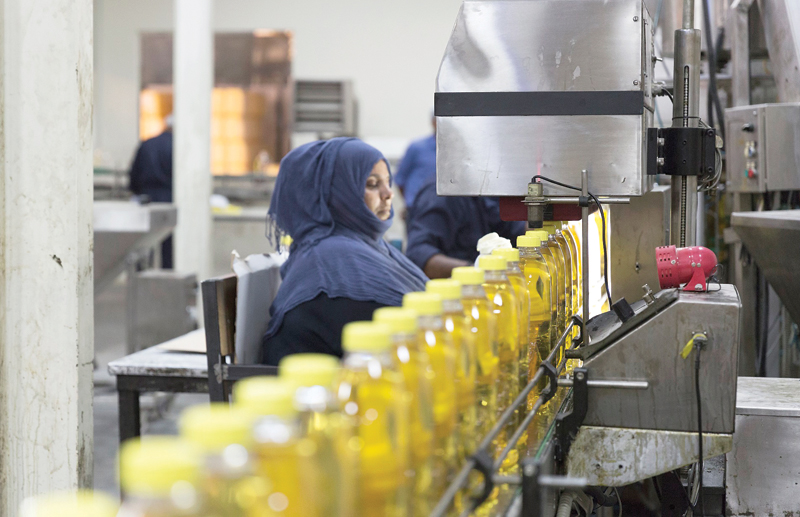

A non-government trade organisation representing and promoting the interests of Oman-based manufacturers will be established shortly in a reflection of the increasingly pivotal role of the manufacturing sector in driving economic growth and employment generation.
The proposed Oman Manufacturing Association will serve as the ‘first point of contact’ between the nation’s burgeoning manufacturing sector and various government ministries and agencies that have a role to play in regulating this key sector. The body will also act as a bridge with the authorities and other sectors, according to the Implementation Support & Follow-Up Unit (ISFU), tasked with monitoring the timely execution of a large portfolio of initiatives to help advance the government’s economic diversification goals.
Listed as stakeholders participating in efforts to deliver an effective trade organisation for the sector are the Ministry of Commerce and Industry, Oman Chamber of Commerce and Industry (OCCI), Ministry of Social Development, and a number of allied agencies.
A key part of its mandate is to represent the interests of small and medium enterprises (SMEs), the growth and proliferation of which are seen as key to sustaining the Sultanate’s economic development over the long term.
An application for the formation of the Association has been endorsed by the Ministry of Commerce and Industry, with final approval awaited from the Ministry of Social Development. Forty-two representatives from all segments of the manufacturing sector have registered to form the association’s board members, according to ISFU. “The final approval to establish a sectoral organisation is expected in the first half of 2018,” the Unit added in its 2017 Annual Report.
Significantly, the manufacturing sector is set to play a vital role in supporting the Sultanate’s economic diversification while boosting non-oil exports as well. As many as 19 initiatives have been identified for implementation in this key sector, spanning investments related to petrochemicals, metals, non-metals, food production and innovations. They include projects pertaining to, among other areas, downstream aluminium and steel manufacturing, cement production, and downstream petrochemicals.
The underlying goal is to augment the sector’s contribution to the Gross Domestic Product (GDP) to RO 3.46 billion, shore up foreign and local investment by at least RO 7.7 billion, and create over 8,000 jobs by 2020.
Oman Observer is now on the WhatsApp channel. Click here



